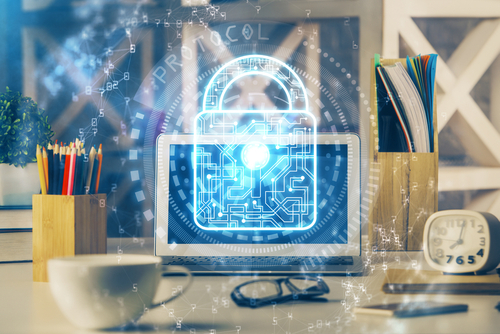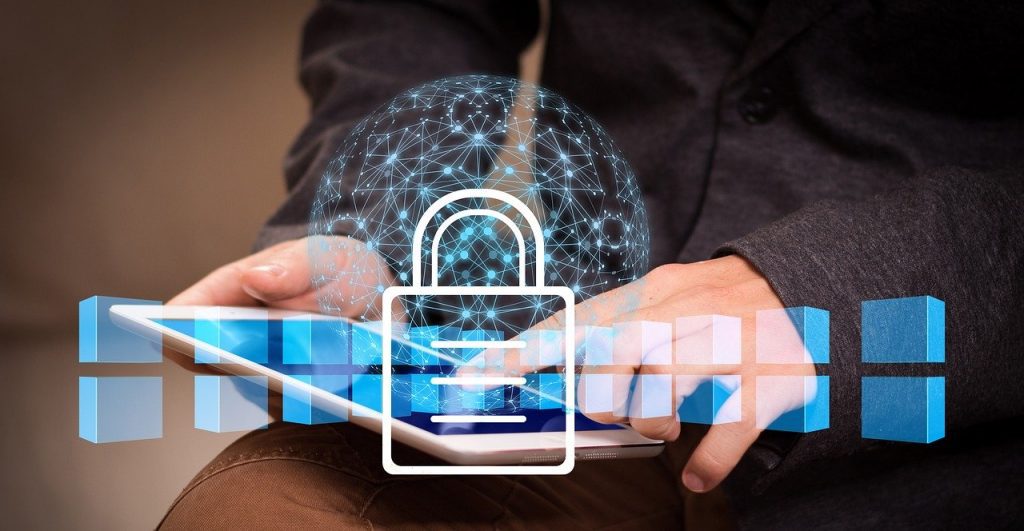It’s alarming how quickly scammers have adapted during the pandemic, matching their content to current news. Forbes reports that as the UK and Australia locked down in late March, a spoofed WHO ‘Safety COVID-19 Awareness’ email was circulated, appearing far more professional than previous efforts.
Cybersecurity During Lockdown

Security company Mimecast has looked into the pattern and volume of scams during the first 100 days of the COVID-19 crisis. Its findings show that all types of scams increased during January to March 2020:
- spam and opportunistic detections increased by 26.3%,
- impersonation was up 30.3%,
- malware by 35.16%, and
- the blocking of URL clicks by 55.8%.
Overall, detections were up by a third.

“Some of the increase undoubtedly reflects the increased opportunity presented by current circumstances, with isolated employees and the potential lack of suitably robust verification processes, which threat actors will hope to heavily exploit under the present lockdown measures in many countries,” says Carl Wearn, head of e-crime at Mimecast.
Wearn adds: “Some will reflect that additional move of more traditional crime to be partly or wholly carried out online, adding additional volume.”
Evidence shows that some sectors have been hit harder than others. Worryingly, pandemic-orientated charities are being subjected to domain/website spoofing (hoax websites adopting the design of the target website). Overall, manufacturing and retail organisations are seeing the most attacks.
In addition, hackers have launched a wave of cyber-attacks trying to exploit British people working from home, as the lockdown forces people to use often unfamiliar computer systems. The proportion of attacks targeting home workers increased from 12% of malicious email traffic before the UK’s lockdown began in March to more than 60% six weeks later, reports the Guardian.

“It is important to be vigilant when communicating with third parties and suppliers, as there may well be an increase in the range of businesses folding in the coming months, and criminals may seek to exploit a company’s previous clients or customers,” suggests Wearn.
Eric Hughes of EMH Technology adds: “Good data backup and security are essential for businesses of any size. The quick introduction of homeworking has emphasised the need for employees to be aware of the dangers of phishing and how they can adopt best practise online, such as identifying compromised emails, for example.”
Would you like to discuss your company’s online security and/or backup provision? Contact the friendly experts at EMH Technology for an initial discussion without obligation.
